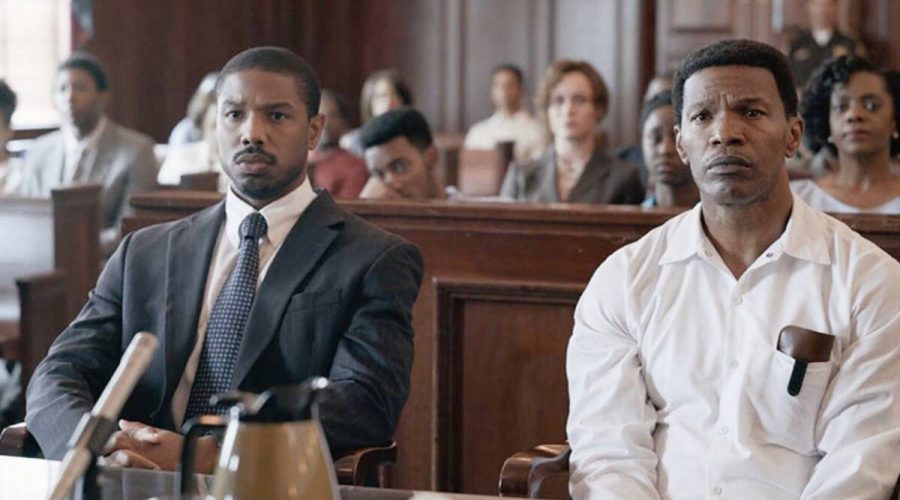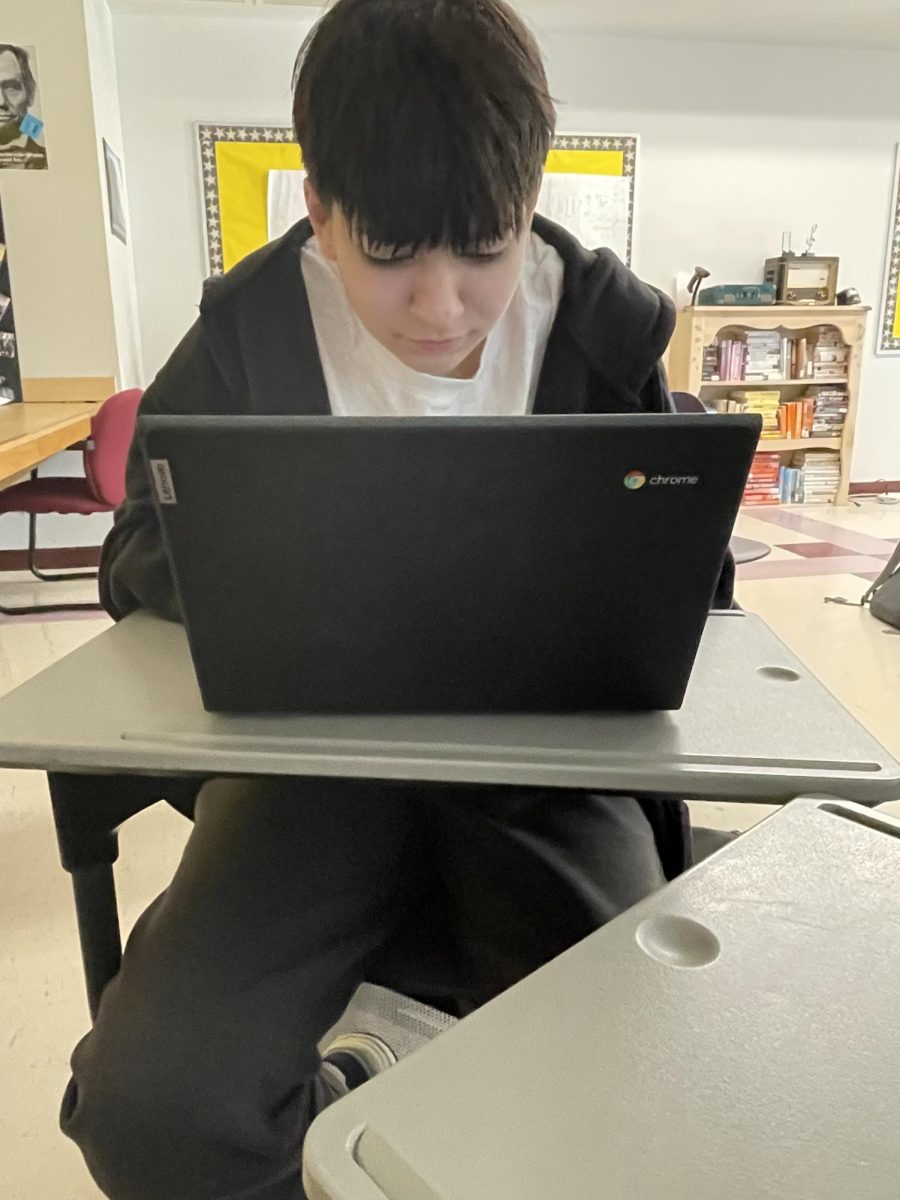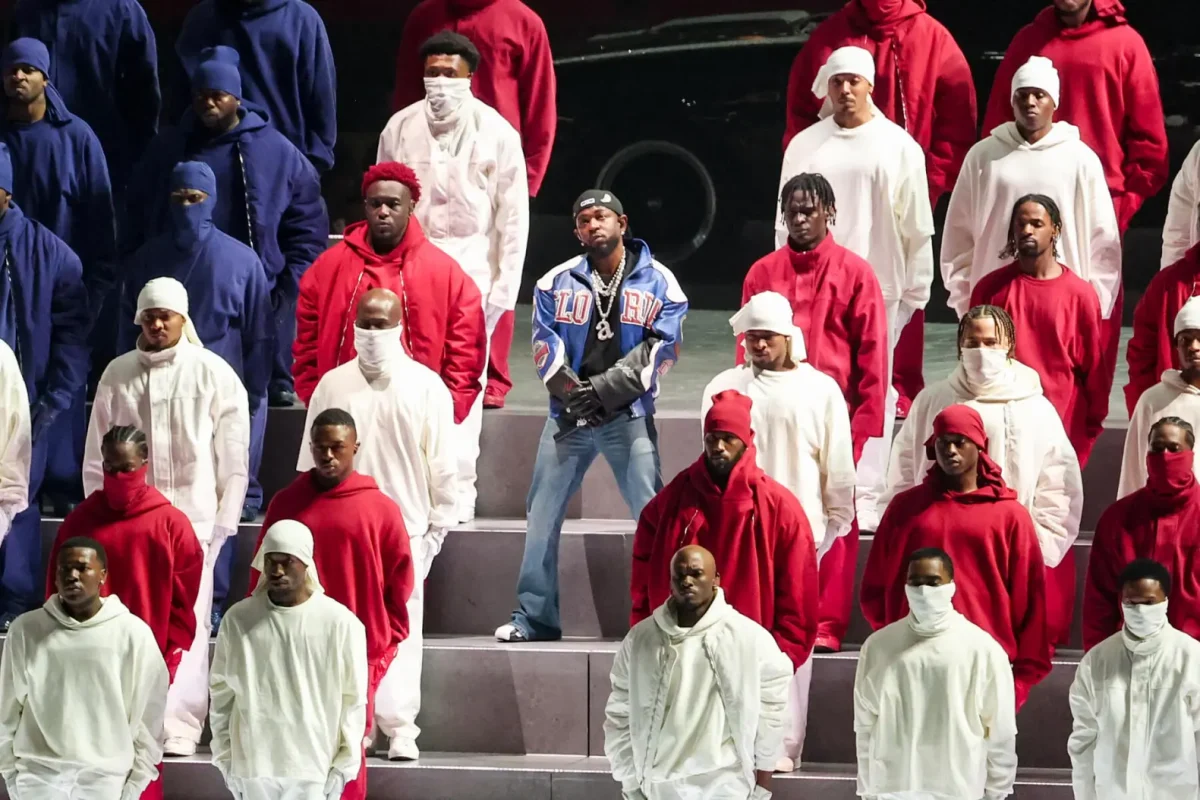Black History Month Draws to a Close
February 25, 2021
February is Black History Month, a way to remember over 400 years of Black history and heritage in the United States. During this month, we honor the generations of Black Americans throughout history who fought adversity, to the Black community living in the United States today. The history of Black Americans is crucial to understanding United States history as a whole, which is why an isolated month is not enough to fully address the impact of Black history on our country. February is a chance, however, to engage in these necessary conversations and go in-depth on the many ways Black Americans have influenced the course of the United States.
So, what has Wayne Hills been doing to acknowledge this month?
“Every day I play a song while students gather in the Google Meet,” said Donna Del Moro, english teacher. “This month, on a daily basis, I featured Black musicians who have contributed greatly to pop culture, and every day we also feature someone different on the Video Morning Announcements whose contributions to all Americans have been notable.”
African-American influence on American music is integral that there is hardly “American music” without it, hence the importance of acknowledging these contributions. Genres such as blues, jazz, rock and roll, and hip-hop can trace many of their roots back to Black culture. The influence of Black people in America goes far beyond just music, however, as we have seen on Wayne Hills’ video morning announcements. The announcements honor Black men and women such as Dorothy Height, Ernest Just, Major Taylor, James Armistead Lafayette, Maya Angelou, and many more, whose impact in areas such as science, social reform, and the arts are vital to our nation’s history.
John Terry, who teaches United States History, Human Rights in World History, and Contemporary Issues in World History, comments that “Black history to me is something that should be addressed all year long, and which I do make an effort to address throughout the year. However, we are also covering Black history in the US History I Enriched course at the moment by doing an in-depth examination of life, society, and slavery in the antebellum South, and considering how race was used to support a social hierarchy that generated wealth mostly for a class of white plantation owners, but also how Black people claimed their humanity despite the odds. The AP US History course will be arriving there and covering that content next week as well.”
The school has also hosted a “screening” of the film Just Mercy, which highlights Harvard-graduated lawyer Bryan Stevenson and his work to defend the wrongly accused in Alabama, along with those who could not afford competent legal representation. Stevenson is the founder of the Equal Justice Initiative, dedicated to helping marginalized communities and “changing the narrative about race”. The film centers on one of his first cases, defending Walter McMillian, who was sentenced to death row for the murder of an 18-year-old girl- despite a glaring lack of evidence and a sole faulty testimony.
Stevenson’s fight for McMillian and others like him, with a system against them, reveals the many ways that the legal system has failed (and continues to fail) people of color. The film exposes the harsh truths behind societal institutions in the United States, and the deeply ingrained racism that our nation often fails to acknowledge. Just Mercy, Terry points out, “raises questions about human rights issues in our criminal justice system that unfortunately disproportionately affect Black people (and other people of color) in the U.S.”
There will be a panel discussion regarding Just Mercy on Friday, February 25th, from 1:15 to 2:00 PM, led by educators, for Wayne Hills students to share their thoughts on Just Mercy and the ideas it covers.
Just Mercy sheds light on the complex tangle of political and legal issues in our system, covering the stories of some of the most forgotten people in America- the wrongfully condemned, and the people who fight for them.
Bryan Stevenson states that “We are all implicated when we allow other people to be mistreated. An absence of compassion can corrupt the decency of a community, a state, a nation. Fear and anger can make us vindictive and abusive, unjust and unfair, until we all suffer from the absence of mercy and we condemn ourselves as much as we victimize others.” Stevenson’s work provokes important questions that we as a society must keep answering. What do we owe each other? If we fail to provide justice and mercy for those who need it most, how human are we really?
“As a teacher of human rights, affirming the dignity and humanity of all people (and peoples) in social studies classes is incredibly important.” says Terry. “We have to be able to learn about the historical and current experiences of a variety of people in the world – to understand what challenges have been posed for them in attaining rights, and to constructively discuss and brainstorm ways that we can move the ball forward in making sure all people have equitable access to rights.”






